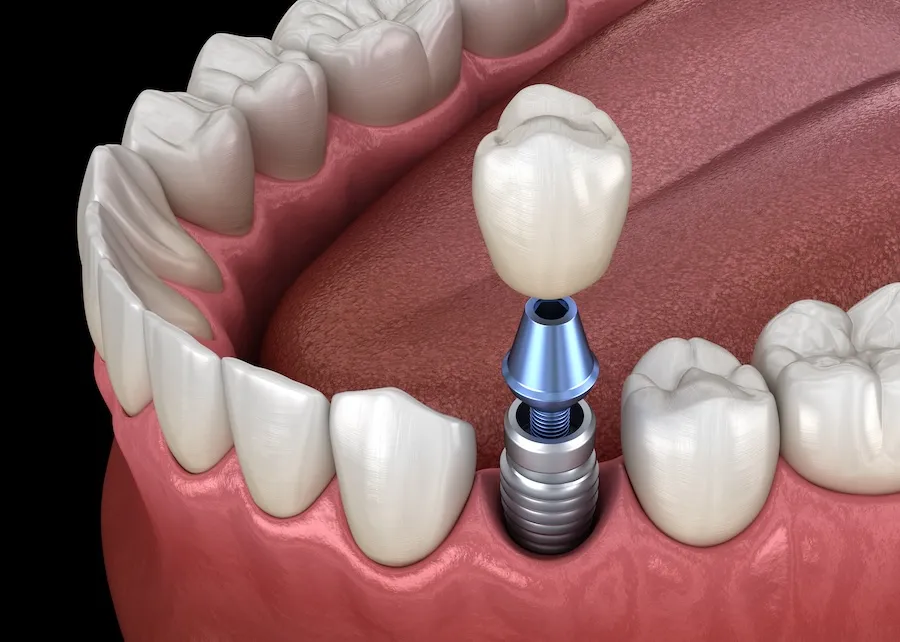Understanding the Role of a Gynecologist
Gynecologists play a pivotal role in women’s healthcare. Their expertise helps women maintain their reproductive and overall health throughout every stage of life. Many people may not fully understand the responsibilities of a gynecologist or why regular visits are so important. This article explores the role of a gynecologist, what they do, and why their services are key to women’s health.
Gynecologist
A gynecologist specializes in women’s reproductive health, focusing on the diagnosis, treatment, and prevention of conditions related to the female reproductive system. They are highly trained medical professionals equipped to address a wide range of health concerns. Their expertise helps with comprehensive care for women of all stages of life.
Some of the common areas they cover include menstrual health, reproductive system disorders, contraceptive counseling, and menopause management. They also provide support for general wellness by offering routine health checks and screenings to help with the early detection of issues. Women may visit their gynecologist for regular check-ups, treatment of specific conditions, or expert guidance during different life transitions.
Scheduling an Appointment
Regular visits to a gynecologist are key for maintaining overall health and well-being. While many women assume gynecologists are only needed during pregnancy, their expertise is relevant at any stage in life. Seeing them regularly helps in the early detection and prevention of potential health issues.
For young women, the first visit often focuses on understanding menstrual health and exploring options for contraception. For women later in life, a gynecologist provides care related to menopause or other age-related concerns. Beyond reproductive health, gynecologists perform routine screenings, such as Pap smears, which can identify potential health risks before they become more serious. Regular visits create opportunities to build a relationship with a trusted healthcare partner who understands your unique needs.
What to Expect During an Appointment
Going to the gynecologist for the first time or even for a routine check-up can feel overwhelming. Understanding what to expect can ease any concerns.
Here are some aspects of a standard appointment:
- Patient History: They will ask about your medical and reproductive history. They may inquire about menstrual cycles, past pregnancies, and any concerns.
- Physical Examination: This includes checking your abdomen, a breast exam, and, when necessary, a pelvic exam.
- Screening Tests: Routine tests like Pap smears or STI screenings may be recommended based on age or medical history.
- Discussion: The appointment always includes a discussion about any questions or concerns you may have regarding your reproductive health, birth control, or menstrual cycles.
When to Seek Advice
If you experience symptoms such as irregular, heavy, or painful periods, it’s time to consult a gynecologist. Persistent pelvic pain, abnormal discharge, or other unusual symptoms also indicate the need for a professional evaluation. If you are planning to conceive or need guidance with contraception, they will provide the best support and recommendations tailored to your condition. Seeking timely help prompts diagnosis and treatment, improving the overall quality of life.
A Trusted Partner in Women’s Healthcare
A gynecologist does more than address physical concerns; they support women through life’s transitions by offering expert care and advice. Scheduling regular visits to a gynecologist builds a proactive approach to women’s healthcare. Start this important relationship with someone who understands your needs and seeks to provide the best support possible.











Post Comment